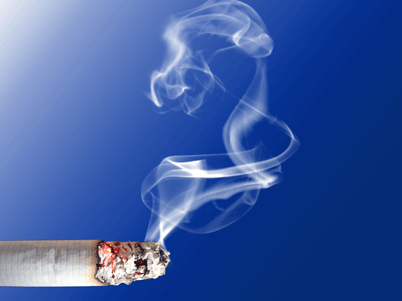
If you've hung around markets for a while you're most likely familiar with much of the jargon.
With the Dow recently crashing the 18,000 level, the index is up 15% since it's early 2016 low in February, supposedly because investor fears have receded at least for now about the U.S. economy not to mention a host of other things like what's up the Fed's sleeve on interest rates.
Recession worries were rampant and everything the Fed has done with its usual doctored data has been to quell that perception. Recent earnings reports are another case in point as MSM one of the Fed's major supporters spins these reports as favorable as they think they can get away with. Two recent examples were IBM and Bank of America.
Another case is big bank Morgan Stanley which beat analysts' expectations for the quarter, but who cares where those expectations end if they were ratcheted down, as frequently is the case, beforehand. Profits at the firm dropped 53%. This is an ongoing Wall Street game a lot like whistling past the grave yard at night. Both have their purpose.
It turns out JP Morgan and Wells Fargo turned in similar performances, hailed by MSM as besting phony expectations. Today, Goldman Sachs became the last of the six U.S. big banks to report pathetic profits.www.yahoo.com/news/goldman-sachs-profit-slumps-fourth-straight-quarter-114645813--sector.
(Reuters) - Goldman Sachs Group Inc's <GS.N> quarterly profit fell by more than half and revenue slumped to its lowest in more than four years as market volatility hit the Wall Street bank's bond trading and investment banking businesses.
Goldman, wrapping up a dismal quarter for big U.S. banks, reported a 40 percent drop in net revenue, reflecting declines in all of its main businesses.
As with other banks, Goldman's trading revenue was hit by sliding commodity and oil prices, worries about the Chinese economy and uncertainty about U.S. interest rates.
Highlighting the challenges facing the bank, Goldman's return on average common equity - a measure of how well the bank uses shareholder money - was 6.4 percent in the quarter, down from 14.7 percent a year earlier. (http://bit.ly/22KtaAI)
Many investors think ROE should be at least 10 percent to cover the cost of capital.
Longtime traders know you take markets down to shake out the weak hands and you push them up to bring in the fear-of-missing-out greedy ones. No one knows for sure when this is going to happen, but it will.If one looks at this market on an historical evaluation it is rich by nearly every measure. Part of the MSM meme to explain away these dangers is the risk on, risk off one. It's a perverse form of going further out on the limb to capture yield only here it's about capturing some dependable yield with perhaps some growth tossed in along the way.
That meme alone is pushing up valuations to questionable sustainable levels. Most of these stocks are part of the Dow and S&P 500. A recent example of this is the largest PC state retirement fund in the largest PC state, California, is now considering investing in tobacco companies. Phillip Morris International, Inc. now trades at 21 times forward earnings estimates and carries a decent dividend. That P/E is the highest since the bubble era of the late 1990s.
And despite all the PC rants against smoking and smokers, it appears the decline in those who imbibe has tailed off and now even among the younger crowd it's becoming at least somewhat fashionable again. Like this upcoming presidential election, this form of investing is all about the status quo. It will continue or it won't?
No comments:
Post a Comment